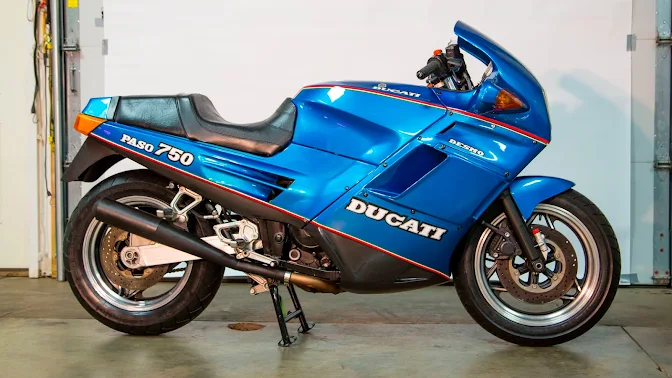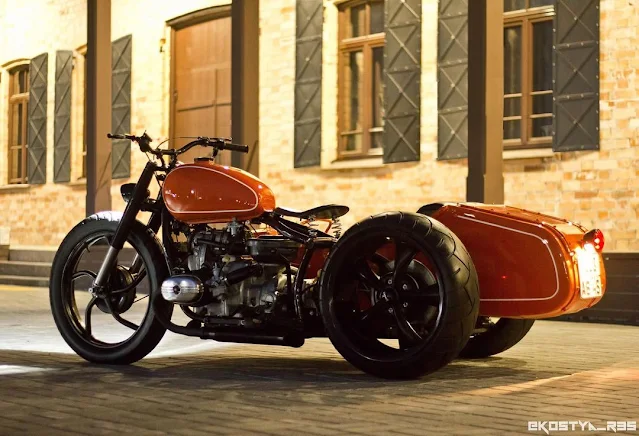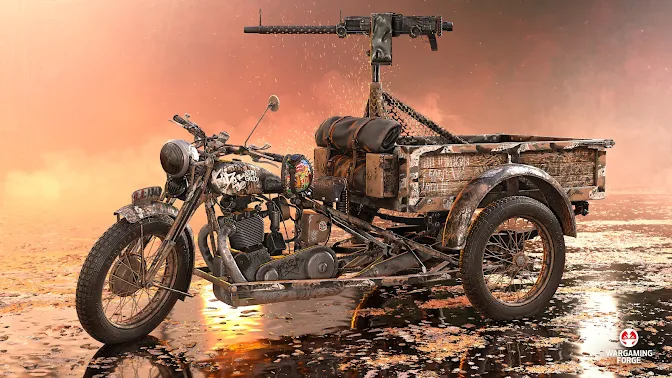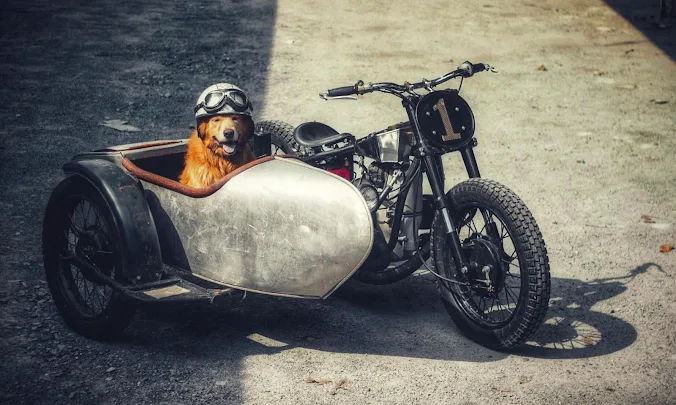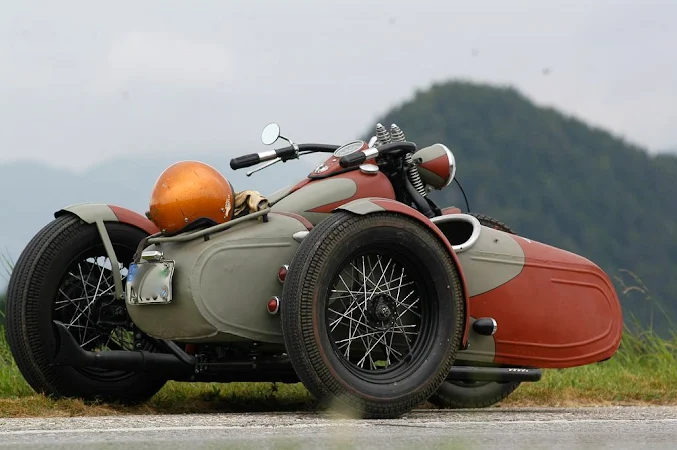So one of my courier buddies, Alan arrived out at the workshop yesterday with a couple of cylinders from a Lambretta GP200 and a crankcase from a Lambretta GP150, to do some machining.
Apparently fitting 200 barrels to 150 cases is a desirable modification in Lambretta circles, but it's not quite a bolt up operation. The difficulty is that the bottom of the 200 cylinder (the skirt) has an outside diameter of 75 mm and the 150 crankcase mouth has a diameter of 70mm. So something's got to give.
The conventional wisdom would suggest that the right way to do this would be to enlarge the 70 mm diameter crankcase mouth to 75 mm.
However the crankcase is an irregular shape and it's pretty big. That single casting is also the swingarm, the brake hub, the suspension mount and the wheel... eh... holder. There is also Dog-knows-what kind of transmission system in there too.
Anyway, I'm guessing it requires some specialist fixture to hold the thing and line boring equipment to do the operation. Also, there is a sort of shoulder at the bottom of the mouth that would prevent enlarging the mouth by hand with a file which otherwise is something I would definitely do.
In addition to this, enlarging the crank mouth reduces the amount of metal around the cylinder studs and requires a further series of modifications to remedy. There are Lambretta specialists in the UK that do this operation but it's understandably expensive. And since Brexit a couple of months back, this kind of trade between the UK and Ireland now incurs taxes on the goods or services and additional taxes on the shipping which makes it prohibitively expensive. Such is life.
So, that's why we went ghetto.
Weirdly, the DRO was malfunctioning so we did it old-school with dial gauges which is even more ghetto. The DRO seems to be working happily again now. Dunno.
We stuck the 200 barrels into the lathe and took 2.5 mm off the radius. The skirts were made of cast iron which is lovely to machine and gives a nice surface finish. It seemed to work pretty well and Alan was happy with the finished products.
Now, in my defense, according to Alan this type of conversion has been going on in Ireland since the '80s and it came about because it's a more robust than boring out a 150 barrel to take a 200 piston which was supposedly fragile.
So this may not the ideal way to approach this, but it works.
In the words of Mikhail Kalashnikov - "Perfection is the enemy of good enough".
 |
| This is what serves as a crankcase on a scooter. The big roundy bit at the front is where the crank goes. The big roundy bit at the back is the brake hub. I'm pretty sure the horizontal hole is a beverage holder. |
 |
| This is the mouth of the crankcase. It's easy to see that enlarging the hole by 5 mm is going to compromise the cylinder stud mounts. And it's clear that enlarging it by hand is not really possible. |
 |
| Before (left) and after shot comparing a modified and unmodified Lambretta GP200 cylinder. |
 |
| Checking the run-out of the barrel in the lathe using a dial-gauge. |
 |
| Work in progress. Machining cast-iron is lovely. |
 |
| Closeup of the finished piece. |
#Lambretta #LambrettaGP200 #LambrettaGP150 #OldSkool #OldSchool #Ghetto #GhettoEngineering #PerfectionIsTheEnemyOfGoodEnough #MercenaryEngineering #MercenaryMotorcycleWorkshop #MercenaryMotorcycles #Mercenary #MercenaryGarage














